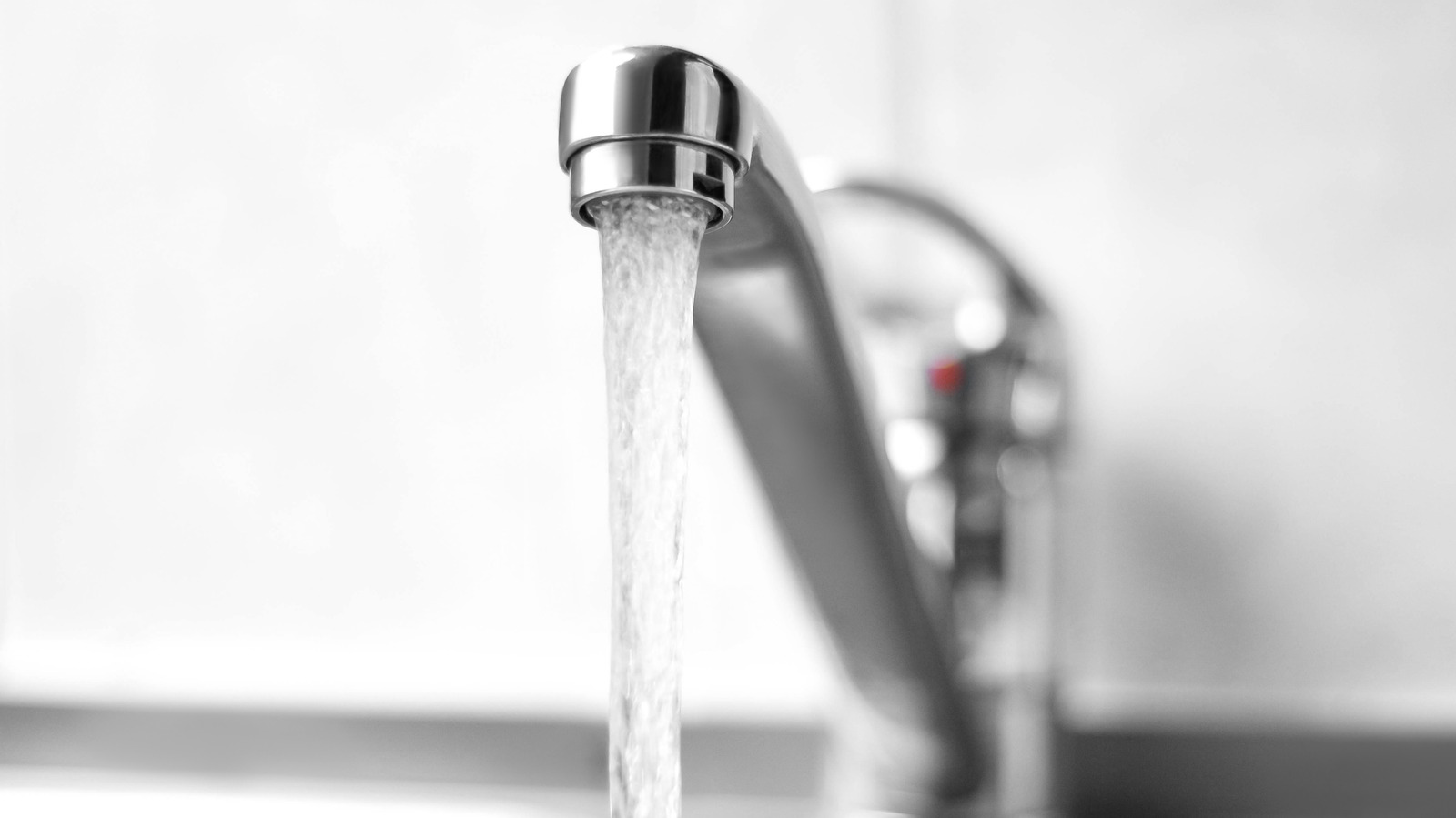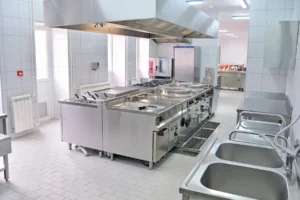No business can run without water. It’s a precious and natural resource that we often take for granted.
But now more than ever before, organisations are under increasing pressure to be more efficient with their water. By doing so, they help to protect the environment, lower their carbon footprint, and save money too.
In this blog, we explore what’s changed to push water efficiency to the top of the sustainability agenda.
And of course, we provide you with some useful recommendations to help you reduce your company’s water consumption, now and in the future. These ideas are inspired by solutions we’ve implemented for our clients. So, we know they’re workable and deliver tangible results.
WHY WATER EFFICIENCY MUST BE TAKEN SERIOUSLY BY BUSINESSES
The urgency around water efficiency is being driven by several factors.
Firstly, the UK population is forecast to grow significantly from 67m today, to up to 79m in 2050[i]. So not only will there be more households requiring water, but industry will continue to expand too.
Secondly, climate change is rapidly changing rainfall patterns. The Met Office say some areas of the UK saw less than 50% of their typical summer rainfall in 2022. Increasing spells of hot and dry weather means we harvest less water. And what’s more, to cope with the high temperatures, we use more water during those periods too.
The alarming reality is that water demand will soon be outstripping supply if things don’t change. This also means water companies are more likely to impose water restrictions as a result.
Finally, with inflation at almost 10% in September 2022 – and energy prices at a record high – organisations are having to take water efficiency steps to significantly reduce their operating costs.
HOW ORGANISATIONS CAN REDUCE THEIR WATER CONSUMPTION
Businesses play a significant role in global water consumption. For example, did you know that the average frozen fruit and vegetable production line uses 6.0m3 of water per tonne?[ii]
With the world’s finite water resources under great strain, it’s important for every business to find ways to reduce their water usage.
Here are three ways you can use water more wisely:
- Understand your consumption
- Implement water-saving technologies
- Look after your water assets
- Harvest your own rainwater
- Get your employees on-board
KNOW YOUR CONSUMPTION
If you don’t understand how much water you’re using, and what you’re using it for, how can you begin to reduce it?
As a starter for ten, it’s important to do regular meter readings and frequently go through your water bills to ascertain what you’re paying and when. One client we worked with was paying a huge sum of money to their water company because they were being billed on estimates. We managed to secure them a £30,000 rebate through analysing their meter readings.
Adopting smart technology to monitor your water usage will also help you to uncover which of your business practices and processes consume the highest amount of water. Armed with this information you can make changes to how you run your business.
IMPLEMENT WATER-SAVING TECHNOLOGIES
Technology is the key to gaining better control of your water usage. And as just mentioned, it can also help you to collect consumption data to empower you to take the right water efficiency actions.
Businesses can install various technologies to reduce their water consumption. For example, automatic shutoff valves are sensors that detect when a leak has occurred and immediately shut off the flow of water to prevent further wastage. These devices can save organisations millions of gallons of water each year and help to avert catastrophic floods caused by leaks.
LOOK AFTER YOUR WATER ASSETS
For optimum water efficiency, water assets need to be looked after to prevent leaks that haemorrhage water.
Planned preventative maintenance (PPM) schedules should be in place to regularly inspect, maintain, and repair your water systems infrastructure.
HARVEST YOUR OWN RAINWATER
In recent years, rainwater harvesting has become an increasingly popular way to save water, as it can help to reduce water bills and even help to combat drought.
By using commercial rainwater harvesting tanks, it’s possible to collect a large amount of rainwater that can be used throughout the year. For example, this water could then be used to flush toilets.
GET YOUR EMPLOYEES ON-BOARD
Employees are often unaware how their daily activities impact an organisation’s overall water usage.
Through water efficiency educational campaigns and initiatives, businesses can raise employee awareness about the importance of conserving water and show them how their individual actions can make a difference for the whole company.
Having an internal app that allows employees and contractors to report water leaks and defective water assets – like rusty pipework – is one way to get active engagement from your teams.
HOW SAVANNAH CAN HELP REDUCE YOUR WATER FOOTPRINT
Our team of environmental consultants help you to lower your water footprint. We audit your organisation to identify areas where you’re using unnecessarily large amounts of water. We then provide you with water efficiency recommendations and work with you to turn them into a reality.
REDUCE YOUR WATER FOOTPRINT TODAY
[i] https://www.stwater.co.uk/wonderful-on-tap/save-water/saving-water-made-simple/businesses/
[ii] https://www.water.org.uk/wp-content/uploads/2021/03/Developing-a-2050-Vision-for-the-Water-Sector-Discussion-Paper.pdf





